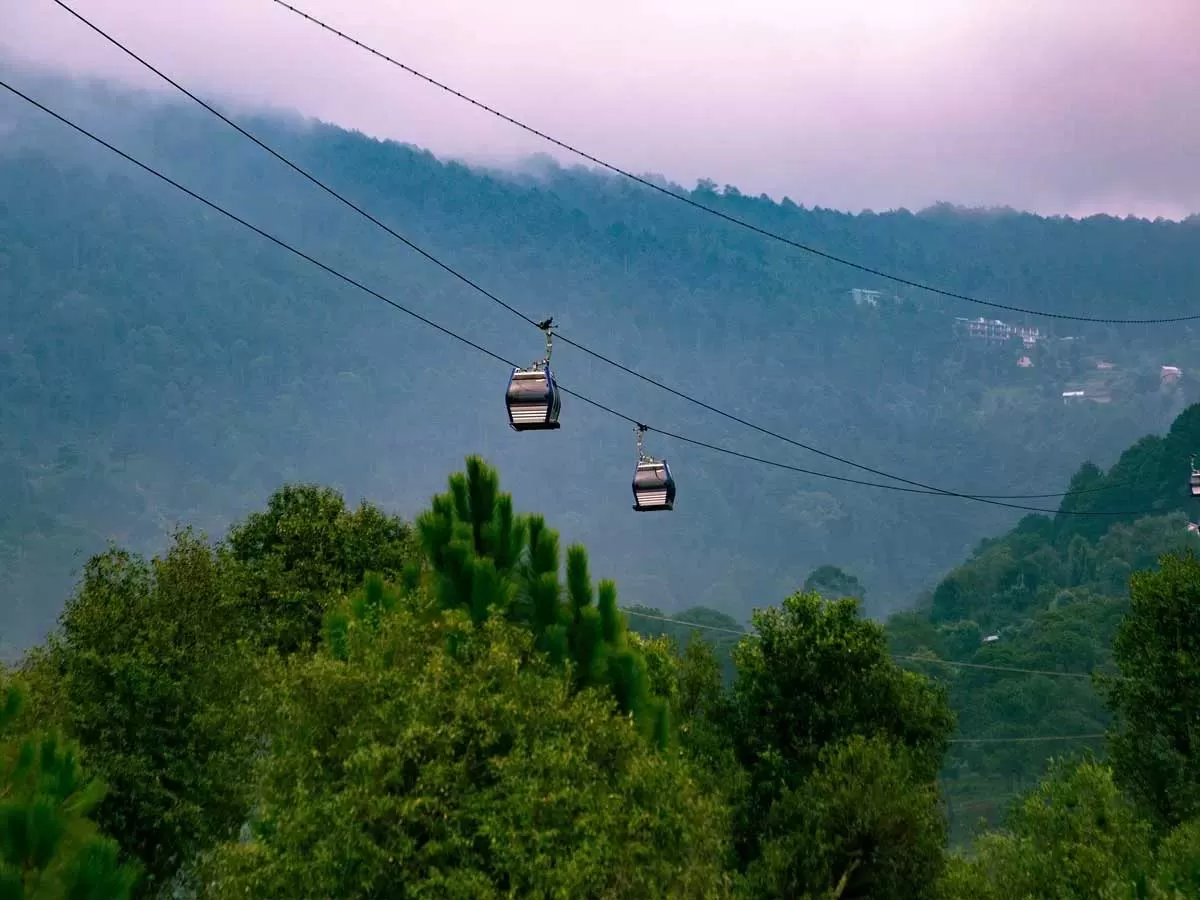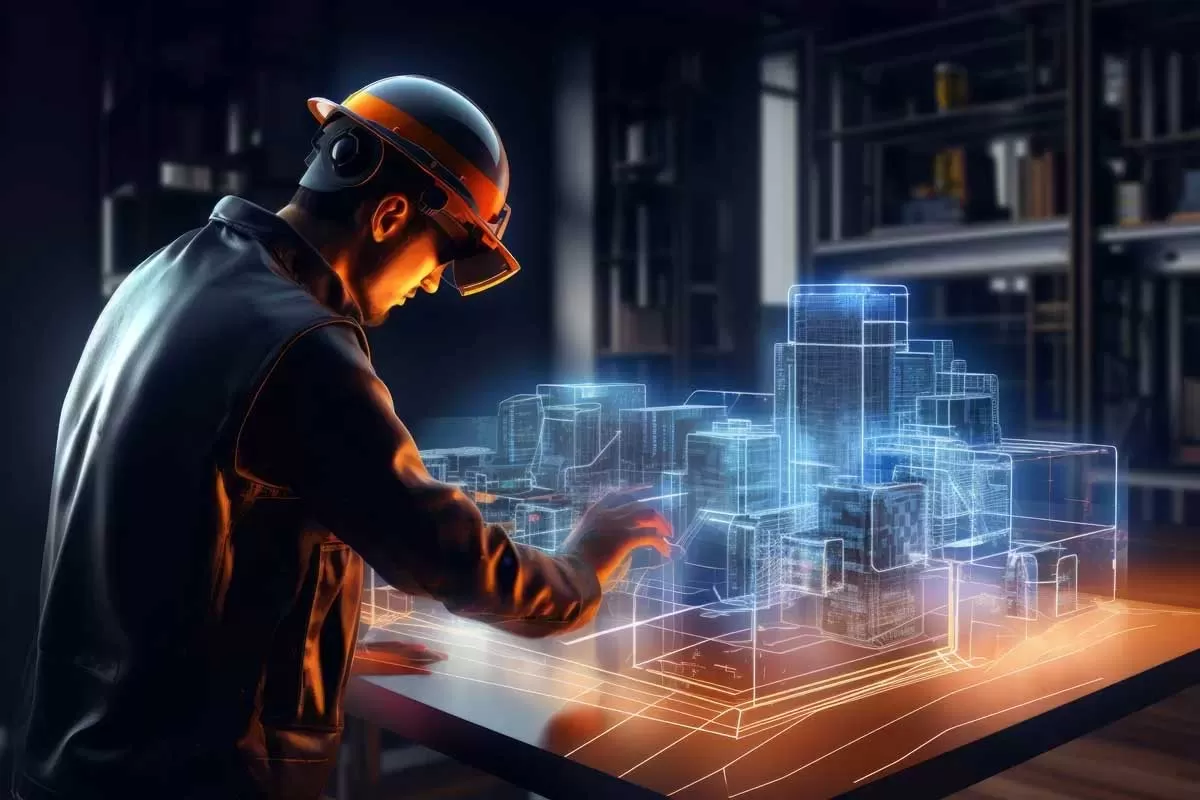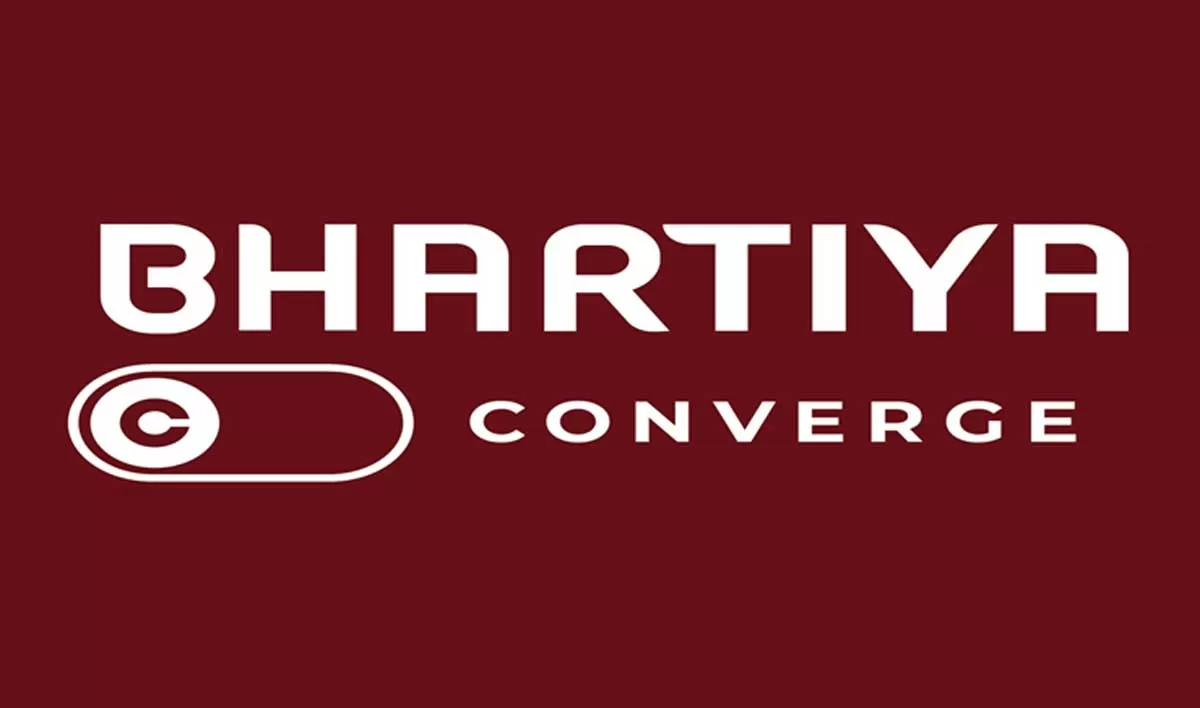JICA supports metro-rail through ODA loans and technical cooperation.

Skyview by Empyrean is Making Benchmarks in the Indian Ropeway Industry
FIL Industries Private Limited, the parent company of Empyrean Skyview Projects that pioneered ropeway mobility solutions in India with Jammu’s Skyview Gondola, is currently developing the Dehradun-Mussoorie ropeway and is on track to complete Phase I by September 2026. The ropeway is set to be India’s longest passenger aerial monocable covering 5.8 km between the foothills of Dehradun in Purkulgam and MDDA taxi stand in the hills of Mussoorie in just under 20 minutes. The firm pioneered green mobility solutions in India with the development of the flagship Skyview Gondola in Jam..

Creativity is for Humans, Productivity is for Robots!
On most construction sites, the rhythm of progress is measured by the clang of steel, the hum of machinery and the sweat of thousands. But increasingly, new sounds are entering the mix: the quiet efficiency of algorithms, the hum of drones overhead, and the precision of robotic arms at work. Behind the concrete and cables, an invisible force is taking hold: data. It is turning blueprints into living simulations, managing fleets of machines, and helping engineers make decisions before a single brick is laid. This is not the construction of tomorrow; it is the architecture of today – built on ..

Bhartiya Urban Unveils ‘Bhartiya Converge’ GCC Enablement Platform
Bhartiya Urban has launched Bhartiya Converge, its latest business venture designed to become India’s premier platform for enabling Global Capability Centres (GCCs). The initiative offers an integrated ecosystem aimed at helping global clients gain a competitive edge in today’s rapidly evolving business environment. Focused on enhancing turnaround time and operational efficiencies, the company seeks to deliver better business outcomes powered by top-tier talent. Bhartiya Converge presents a customised and integrated suite of microservices that addresses the nuanced and evolving operational..














